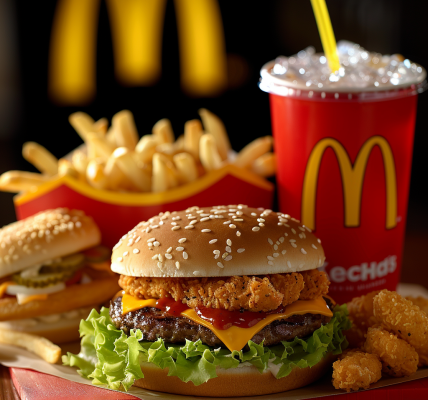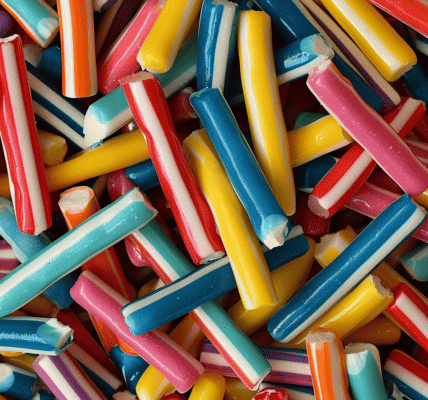As Halloween approaches, a growing movement is urging consumers to rethink their decoration choices. Caroline Harriott, a dedicated pumpkin farmer from Sompting Pumpkins in West Sussex, has taken a stand against plastic Halloween decorations, advocating for the use of real pumpkins instead. Her initiative not only promotes festive aesthetics but also aims to reduce environmental waste.
Each year, the United Kingdom discards an alarming 18,000 tonnes of uneaten pumpkins, according to data from Waste Managed, a waste management company. This staggering figure highlights the need for awareness regarding food waste, especially during the Halloween season. When pumpkins decompose, they release methane, a potent greenhouse gas that significantly contributes to climate change. In contrast, plastic decorations, which are often used once and discarded, ultimately end up in landfills, compounding the waste crisis.
Harriott emphasizes the importance of utilizing pumpkins not just as decorative items but also as delicious food. She encourages families to decorate their homes with pumpkins and, after the festivities, transform them into hearty meals. “I think now people are deciding that rather than buying things that go to landfill, it’s much better to use something like a squash and a gourd for decorating than things that are plastic and go in the bin,” she stated.
Her farm boasts over 25 varieties of pumpkins, showcasing a stunning array of shapes, sizes, and colors. “They look so beautiful around your living room,” Harriott added, highlighting their visual appeal during the autumn season. By choosing pumpkins for decoration, families can create a warm, inviting atmosphere while simultaneously making an environmentally conscious choice.
To further combat waste, Harriott has implemented a plan for when the pumpkin harvest season concludes. After the fields close, she collaborates with local soup kitchens that take the unsold pumpkins for use in meals. Additionally, any remaining pumpkins are returned to the soil, providing nourishment for worms and enriching the earth for future crops. This sustainable practice not only minimizes waste but also contributes to the health of the farm’s ecosystem.
According to research from environmental charity Hubbub, 40% of UK consumers purchase pumpkins specifically for carving during Halloween. However, a concerning 60% of those consumers dispose of the pumpkins after use without utilizing them for cooking. This trend highlights a significant gap in awareness regarding the potential of pumpkins beyond their decorative purpose.
Harriott encourages consumers to explore various pumpkin recipes, advocating for the use of the entire fruit. “At the end of it, you can eat them as well,” she noted, urging families to embrace the full potential of their pumpkins. From soups to pies, there are countless ways to incorporate this versatile ingredient into meals, reducing waste while enjoying delicious dishes.
While many people enjoy the seasonal tradition of carving pumpkins, it is important to note that not all carved pumpkins remain safe for consumption. Pumpkins left outside with candles can become contaminated and should be discarded. However, with proper care, the carvings can still be enjoyed as part of a culinary experience.
The call for sustainable practices during Halloween is not just a seasonal trend; it reflects a broader shift in consumer behavior towards more environmentally friendly choices. As awareness of climate change and waste management grows, more individuals are opting for reusable and biodegradable decorations over single-use plastic items.
As this Halloween season approaches, consider joining the movement to reduce waste by choosing real pumpkins for your decorations. Not only will you enhance your home’s autumnal charm, but you will also be making a positive impact on the environment. With the right approach, Halloween can be a celebration of creativity and sustainability.
In addition to promoting the use of real pumpkins, Harriott’s efforts are part of a larger conversation about the importance of responsible consumption and waste management. By making informed choices, consumers can help mitigate the impact of their festivities on the planet.
As the pumpkin carving and decorating season unfolds, let’s embrace the opportunity to celebrate Halloween in a way that honors both tradition and sustainability. By choosing pumpkins over plastic, we can enjoy the beauty of the season while contributing to a healthier planet.





